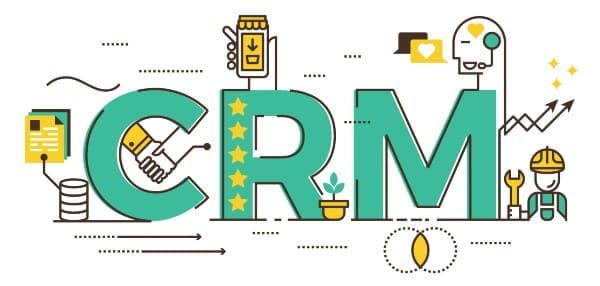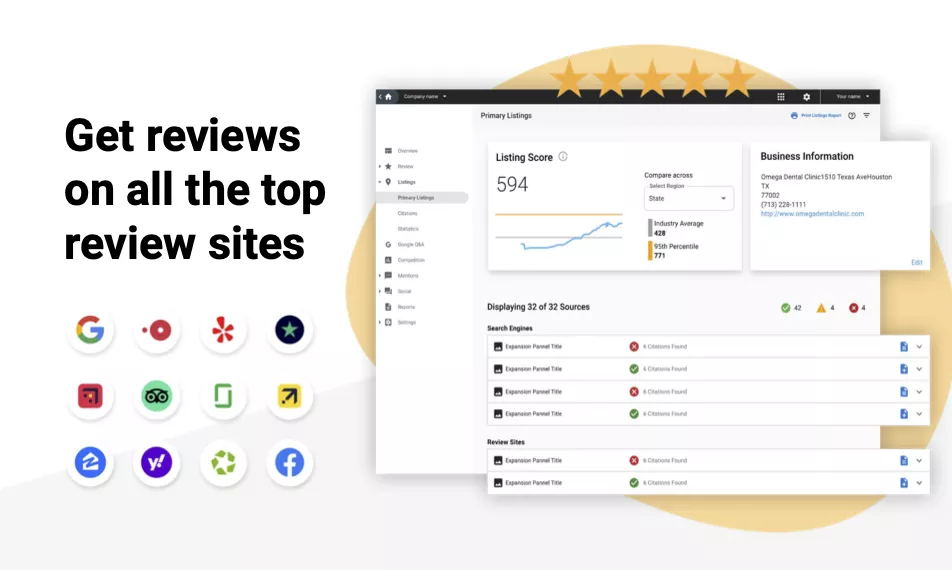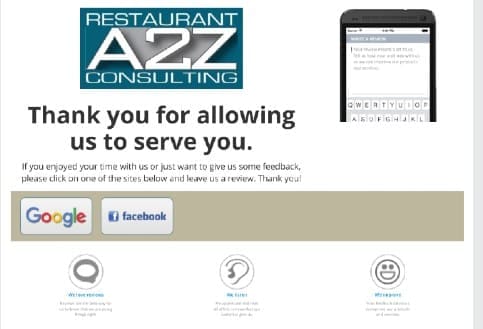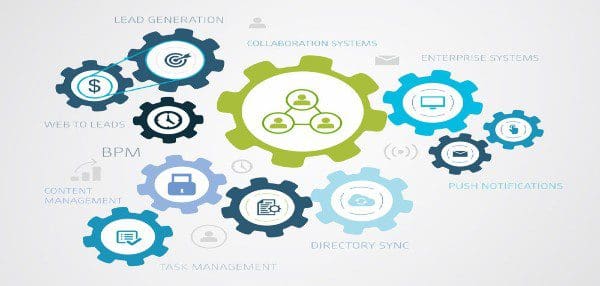
What You Need to Know About ADA Compliance
March 24, 2022
CRM: How To Streamline Your Business And Supercharge Your Sales Efforts
January 30, 2023Reputation management can be confusing to some, considering that it seems that every day the terms and implementations are changing and evolving. But reputation management is the single most valuable asset a business can have. With the prevalence of technology, it’s easier than ever for customers to leave reviews and feedback about their experience with a company. This means that businesses must take steps to ensure they are managing their online reputation in order to remain competitive. This blog post will discuss the importance of online reputation management, as well as tips on how you can maintain a good reputation online and protect your brand image.
Prompt customers to leave reviews and engage with them

It’s no secret that online reviews are important. They help potential customers learn about your business, and they can influence whether or not someone decides to do business with you. That’s why it’s so important to encourage your customers to leave reviews, and to engage with them when they do.
Here are some tips for getting more reviews:
1. Make it easy for customers to leave a review. Include links to review sites on your website and in your email signature.
2. Solicit feedback from customers after they’ve used your product or service. Ask them what they thought and if they would recommend you to others.
3. Respond to all reviews, both positive and negative. Thank customers for their feedback and address any concerns they may have raised.
4. Use social media to promote your positive reviews and engage with customers who have left them. Share good reviews on your company page, and reply to comments left on those posts.
By following these tips, you can encourage more customers to leave reviews and help improve your online reputation management strategy
What is online reputation management?
Your online reputation is the way others perceive you when they search for you or your business on the internet. It’s the collection of what is being said or not said, and it can make or break your success.
That’s why online reputation management (ORM) is so important. ORM is the process of monitoring, protecting, and improving your online presence and visibility. It’s about managing and shaping how you’re perceived by others, and it starts with knowing what people are saying about you online.
Some ORM strategies include:
-Building positive reviews and testimonials
-Improving social media engagement
-Monitoring online mentions of your brand
-Responding to negative reviews and criticism in a constructive way
-Creating targeted content to improve your search engine optimization (SEO)
The 25 Facts About Reputation Management You Should Know
Why is it important?
Your online reputation is important because it’s one of the first things that people will see when they search for you. If you have a negative online reputation, it can be hard to get hired, do business, or even find a date. That’s why online reputation management is so important.
If you’re not managing your online reputation, someone else is. And if you’re not in control of your narrative, you could be missing out on opportunities or making decisions based on outdated information.
Online reputation management is the process of monitoring, shaping, and improving your online presence and the way others perceive you. It’s about taking control of your story and being proactive about how you’re seen online.
There are a lot of different ways to manage your online reputation. You can Google yourself regularly and monitor what comes up. You can set up Google Alerts to get notified whenever your name is mentioned online. You can also create social media profiles on all the major platforms and make sure you’re putting out positive content that paints you in a good light.
You should also take some time to clean up any old, negative content that’s out there about you. This could mean reaching out to websites and asking them to remove old articles or blog posts that no longer reflect who you are today. Or it could mean writing new content yourself that pushes down the negative stuff in search results.
No matter what approach you take, online reputation management is an important part of doing
How to manage your reputation
You’ve built a great reputation offline, and now you’re ready to take your business online. But how do you make sure your online reputation is just as stellar?
Here are a few tips for managing your online reputation:
1. Proactive. Don’t wait for someone to write something negative about you before you start managing your online reputation. Set up Google Alerts for your name and business, so you can see what’s being said about you online. Then, take steps to address any negative comments or reviews.
2. Positivity. In addition to monitoring what others are saying about you, be sure to also share positive news and information about yourself and your business. This will help ensure that the first results that come up when someone searches for you are positive ones.
3. Responsiveness. If someone does write something negative about you, don’t ignore it. Respond politely and professionally, and try to resolve the issue privately if possible. By responding quickly and effectively, you can turn a negative into a positive and show others that you’re committed to excellent customer service.
Check out the 5 steps to better Digital Reputation Management
Reputation management tools


A landing page where your clients can access review links
There are a number of online reputation management tools that can be used to help you protect and improve your online reputation. These tools can help you monitor what is being said about you online, track your progress over time, and take action to improve your reputation.
Some of the most popular online reputation management tools include:
Google Alerts: This free tool from Google allows you to monitor the web for mentions of your name or brand. You can choose to receive alerts via email or RSS whenever new content is published that includes your specified keywords.
There are also social media tools that allow you to track conversations about you or your brand across the web. It also provides features for responding to mentions and engaging with your audience.
Our sister company Incognito Worldwide provides a platform
- review and respond to reviews from 13 different review sites in real-time
- see a myriad of reports, and have them delivered to you via email
- set up automated review requests linked to your POS to contact recent customers via SMS or email to cast a review and provide the links
- add a widget for your website to display the reviews there, update automatically
- setup various starred reviews with escalation so that certain types of responses go to the owner for approval
- Other add-ons include directory sync (77 directories), newsletter management, social media management, AI chatbot, all in one platform from a single dashboard, also including a free CRM and automation.
Get started free and then add-on as you go.
Conclusion
Online reputation management is an important step in protecting and enhancing your business’s digital presence. By investing time, energy, and resources into managing your online reputation, you can build trust with customers, generate leads, and boost sales for your business. Furthermore, having a strong online presence will help to protect against negative reviews and spammy content that could negatively impact the public perception of your brand. Investing in online reputation management is a worthwhile investment for any modern business looking to remain competitive in today’s marketplace.




